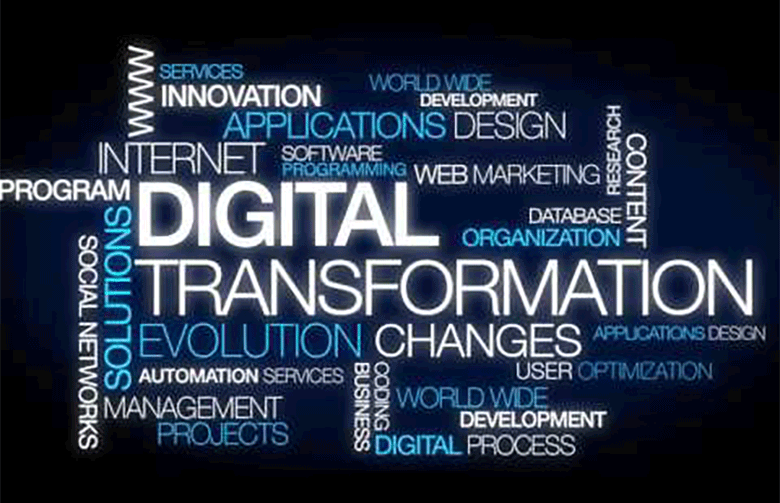In our contemporary globalized society, the role of news extends beyond mere information dissemination; it has become a powerful force shaping opinions, influencing policies, and connecting people across borders. Breaking boundaries, both physical and metaphorical, the news has evolved to become a pivotal player in the interconnected web of our world.
The traditional concept of news, confined to print and broadcast media, has undergone a radical transformation with the advent of digital platforms. In a globalized world, news is no longer restricted by geographical boundaries. The instantaneous nature of news dissemination through online channels breaks down barriers, ensuring that events from one corner of the world resonate across continents almost in real-time.
The role of news in a globalized world is multifaceted. Firstly, it serves as a bridge between cultures, fostering a shared understanding of global events. News agencies act as conduits for information, presenting a diverse array of perspectives on issues, thus enabling individuals to form nuanced opinions. This exchange of information promotes a sense of global citizenship, where individuals are not only aware of local concerns but also engaged with global challenges.
Moreover, news plays a crucial role in holding institutions accountable on a global scale. Investigative journalism has the power to expose corruption, human rights abuses, and environmental crises that transcend borders. In this sense, the news becomes a global watchdog, ensuring transparency and accountability in an interconnected world.
The rise of citizen journalism and social media further amplifies the impact of news in breaking boundaries. Ordinary individuals now have the ability to report and share news instantly, making it harder for information to be suppressed or manipulated by authoritarian regimes. However, this democratization of news comes with challenges, such as the spread of misinformation and the need for media literacy.




